This teaching is from the section The Way to a Fortunate Rebirth: From "In the Buddha's Words" by Bhikkhu Bodhi.
The Uposatha, when observed endowed with the eight factors, of great fruit, of great benefit, superbly bright, and far-reaching. The eight factors are - 1) refraining from taking life, 2) refraining from taking what is not given, 3) refraining from sexual activity, 4) refraining from false speech, 5) refraining from intoxicants and states of negligence, 6) eating only one meal a day, 7) refraining from dancing, singing, music, and watching shows, and 8) refraining from high and luxurious beds.
Thus have I heard — At one time the Blessed One was dwelling at Sāvatthi, in the Jeta's Grove, Anāthapiṇḍika's park. There, the Blessed One addressed the bhikkhus: "Bhikkhus."
"Venerable sir," those bhikkhus replied to the Blessed One. The Blessed One said this:
"Bhikkhus, when the Uposatha is observed endowed with the eight factors, it is of great fruit, of great benefit, superbly bright, and far-reaching. How, bhikkhus, is the Uposatha observed endowed with the eight factors, of great fruit, of great benefit, superbly bright, and far-reaching?
1 Here, bhikkhus, a disciple of the noble ones reflects thus: 'For as long as they live, the arahants, having abandoned the taking of life, refrain from taking life, having laid aside weapons and sticks, are conscientious, full of kindness, and dwell with compassion for the well-being of all breathing beings. Today, for this night and day, I too, having abandoned the taking of life, will refrain from taking life, have laid aside weapons and sticks, will be conscientious, full of kindness, and dwell with compassion for the well-being of all breathing beings. In this way, I shall follow the example of the arahants, and the Uposatha will be observed by me.' Thus, one is endowed with the first factor.
2 'For as long as they live, the arahants, having abandoned the taking of what is not given, refrain from taking what is not given, accept what is given, and expect only what is given. They dwell with a pure, blameless mind. Today, for this night and day, I too, having abandoned the taking of what is not given, will refrain from taking what is not given, will accept what is given, and expect only what is given. I will dwell with a pure, blameless mind. In this way, I shall follow the example of the arahants, and the Uposatha will be observed by me.' Thus, one is endowed with the second factor.
3 'For as long as they live, the arahants, having abandoned unchastity, are celibate, far-removed from sensuality, and refrain from sexual activity, the common person's practice. Today, for this night and day, I too, having abandoned unchastity, will be celibate, far-removed from sensuality, and will refrain from sexual activity, the common person's practice. In this way, I shall follow the example of the arahants, and the Uposatha will be observed by me.' Thus, one is endowed with the third factor.
4 'For as long as they live, the arahants, having abandoned false speech, refrain from false speech, are truthful, are connected with truth, stable, dependable, and do not deceive the world. Today, for this night and day, I too, having abandoned false speech, will refrain from false speech, will be truthful, will be connected with truth, will be stable, will be dependable, and will not deceive the world. In this way, I shall follow the example of the arahants, and the Uposatha will be observed by me.' Thus, one is endowed with the fourth factor.
5 'For as long as they live, the arahants, having abandoned wine, spirits, drugs and states of negligence, refrain from intoxicants that cause negligence. Today, for this night and day, I too, having abandoned wine, spirits, drugs and states of negligence, will refrain from intoxicants that cause negligence. In this way, I shall follow the example of the arahants, and the Uposatha will be observed by me.' Thus, one is endowed with the fifth factor.
6 'For as long as they live, the arahants, having become ones who eat only one meal a day, abstain from eating at night, refraining from untimely eating. Today, for this night and day, I too, having become one who eats only one meal a day, will abstain from eating at night, and will refrain from untimely eating. In this way, I shall follow the example of the arahants, and the Uposatha will be observed by me.' Thus, one is endowed with the sixth factor.
7 'For as long as they live, the arahants, having abandoned dancing, singing, music, and watching shows, as well as wearing garlands, using perfumes, oils, and beautifying the body with ornaments, refrain from these activities. Today, for this night and day, I too, having abandoned dancing, singing, music, and watching shows, as well as wearing garlands, using perfumes, oils, and beautifying the body with ornaments, will refrain from these activities. In this way, I shall follow the example of the arahants, and the Uposatha will be observed by me.' Thus, one is endowed with the seventh factor.
8 'For as long as they live, the arahants, having abandoned high and luxurious beds, refrain from high and luxurious beds and make use of low beds, whether a simple cot or a spread of grass. Today, for this night and day, I too, having abandoned high and luxurious beds, will refrain from high and luxurious beds and will make use of a low bed, whether a simple cot or a spread of grass. In this way, I shall follow the example of the arahants, and the Uposatha will be observed by me.' Thus, one is endowed with the eighth factor.
Thus observed, bhikkhus, the Uposatha endowed with the eight factors is of great fruit, of great benefit, superbly bright, and far-reaching."
Picture: Grey schist relief panel showing the Buddha with followers, Gandhara, 1st-4th century CE. (Museum of Asian Art, Corfu)
Related Teachings:
New Moon Reflection On The Five Aggregates
Reviewing one's failings and successes from time to time (AN 8.7) - The Buddha advises to review one's own failings and the failings of others from time to time, and to overcome acquisitions, loss, fame, disrepute, honor, dishonor, evil wishes, and evil friendship.
Ten strengths of one who has completely exhausted defilements (AN 10.90) - Venerable Sāriputta explains the ten strengths of a bhikkhu who has exhausted the defilements.
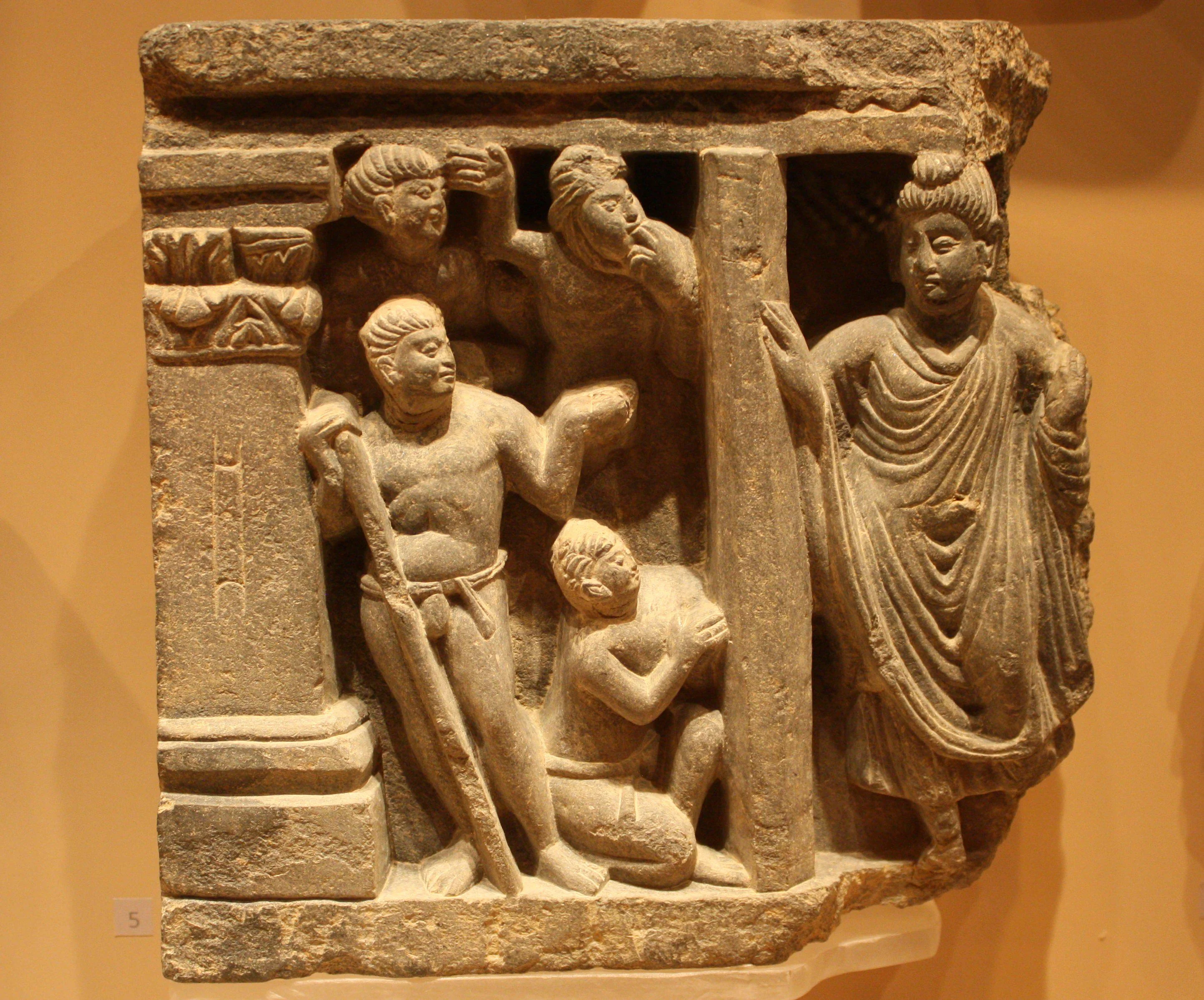

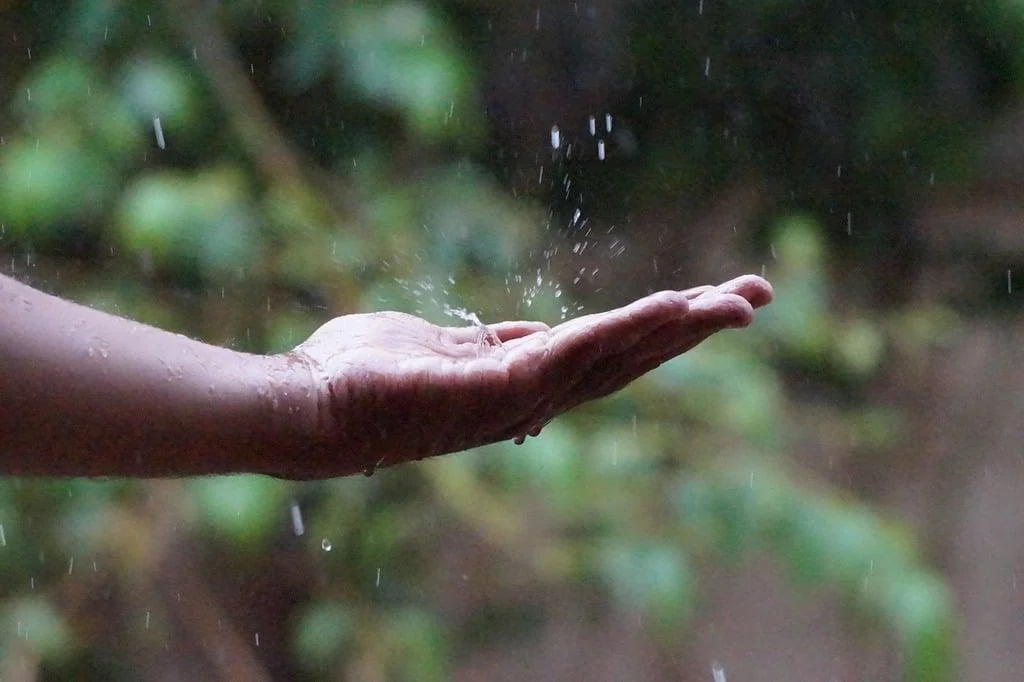
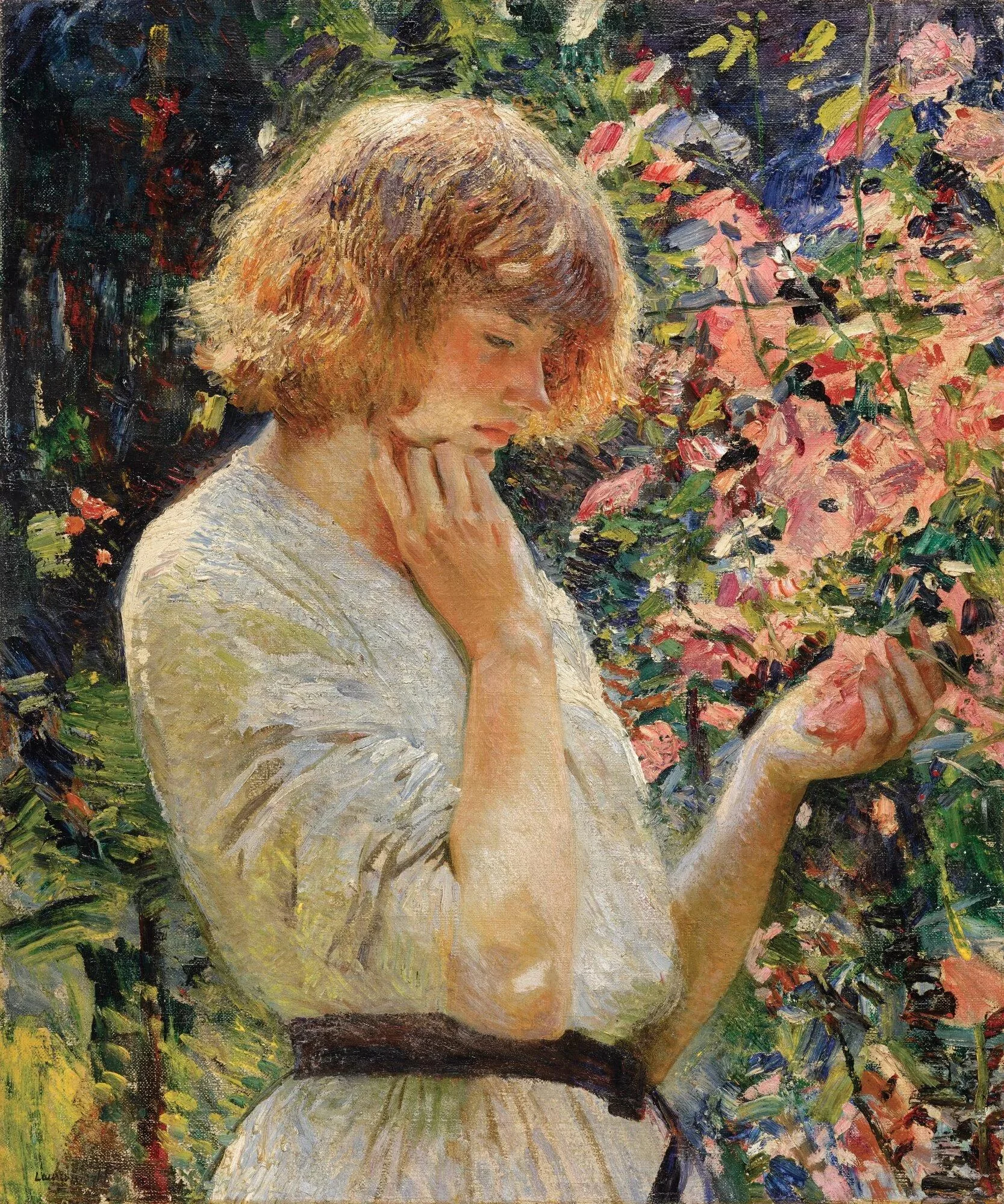
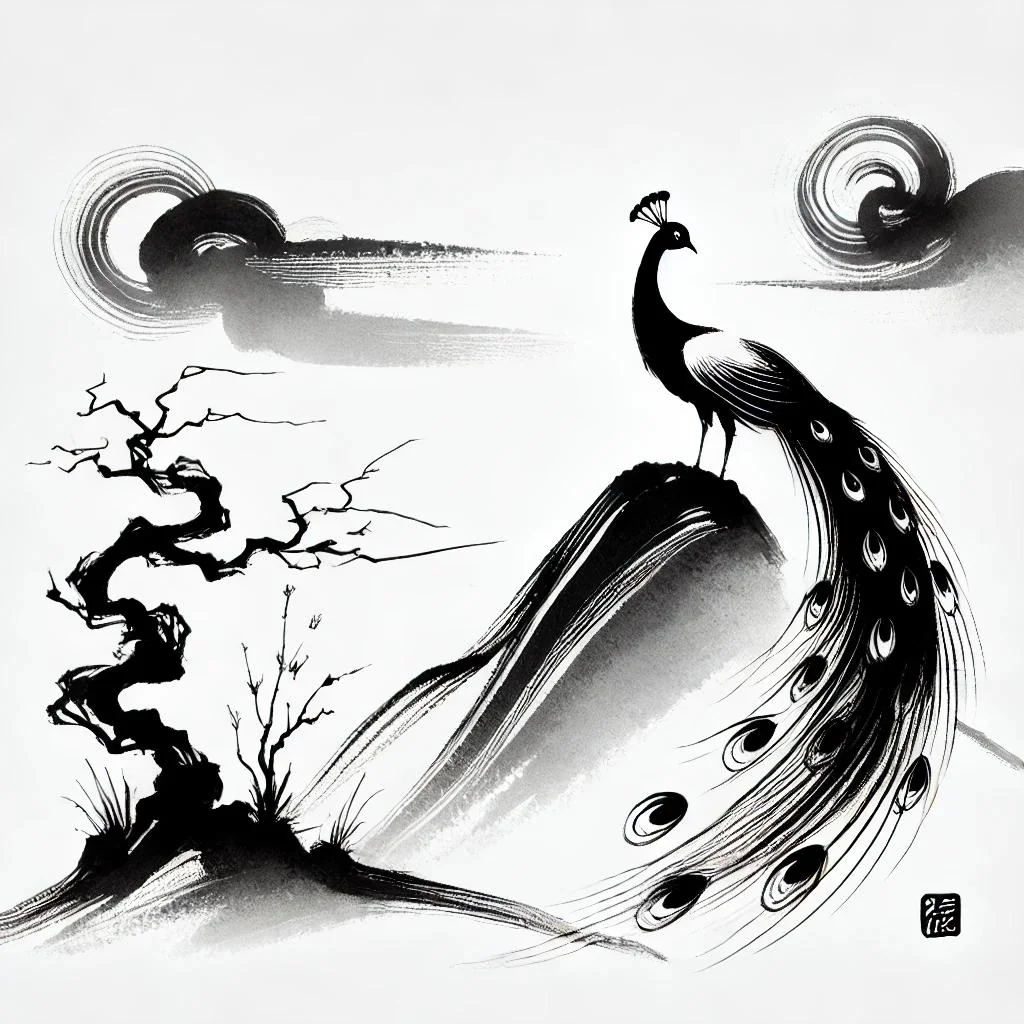
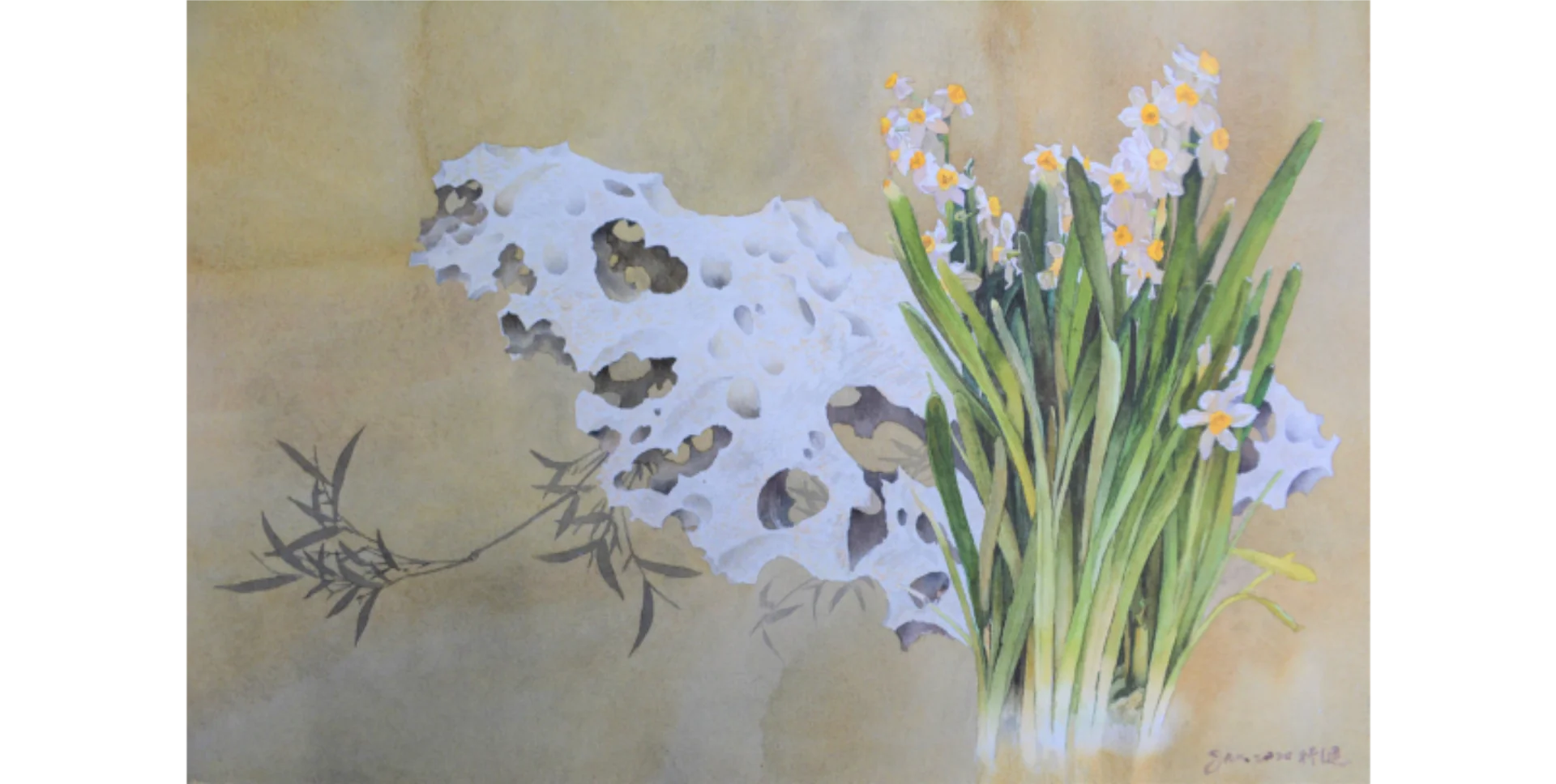
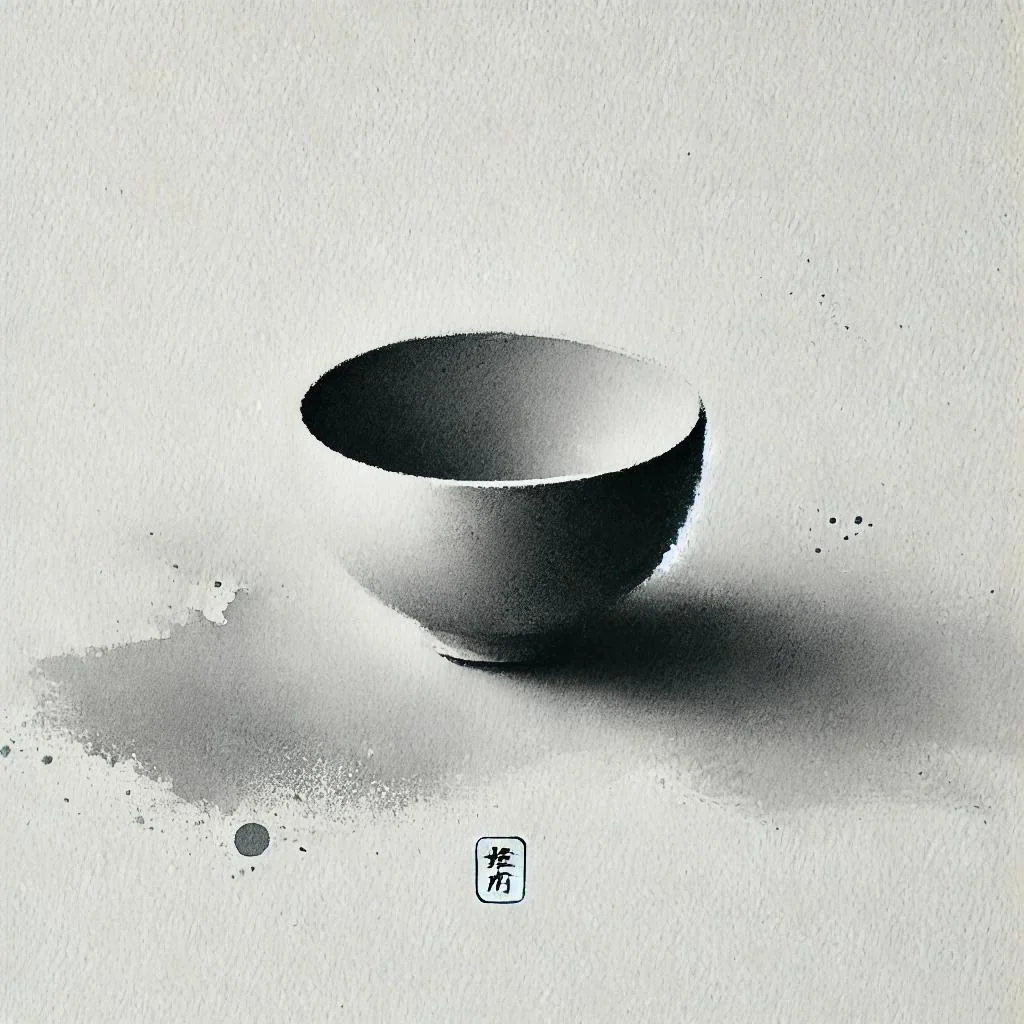



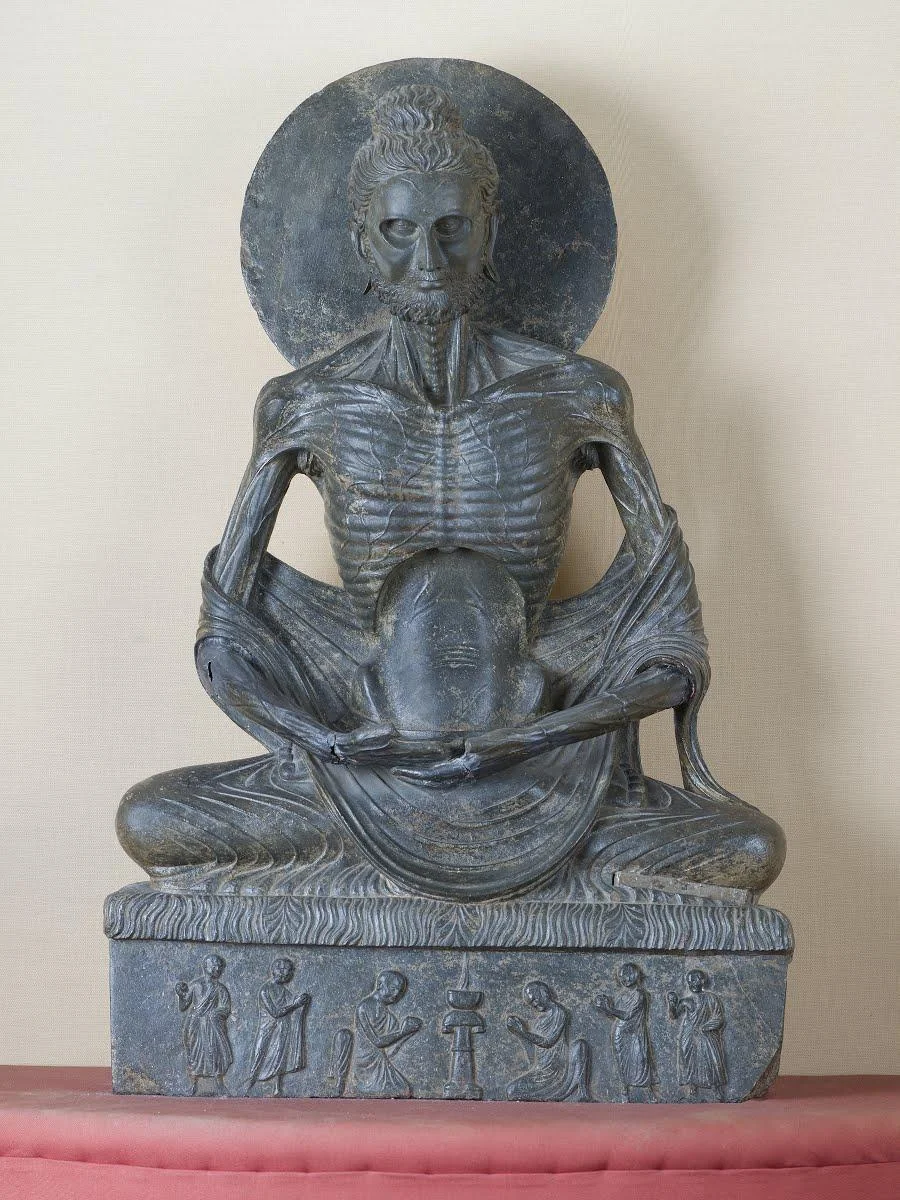
Section I. The Human Condition ↗️
Section II. The Bringer of Light ↗️
Section III. Approaching the Dhamma ↗️
Section IV. The Happiness Visible in This Present Life ↗️
Section V. The Way to a Fortunate Rebirth ↗️
Section VI. Deepening One's Perspective on the World ↗️
Section VII. The Path to Liberation ↗️
Section VIII. Mastering the Mind ↗️
Section IX. Shining the Light of Wisdom ↗️
Section X. The Planes of Realization ↗️ (You're here)